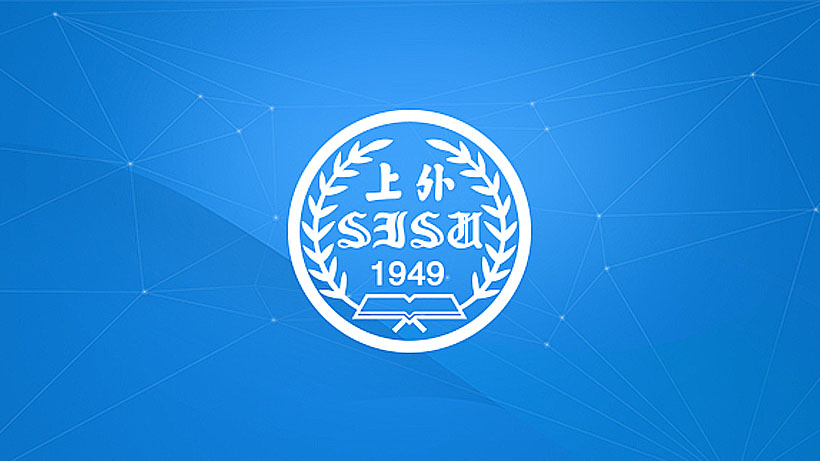
戴晓东:多元文化视域下跨文化能力理论的建构
A multicultural approach to theorizing intercultural competence
跨文化能力是跨文化交际学的核心概念之一。自上个世纪60年代以来,学者们从各自的角度研究跨文化能力,建构出许多富有洞见的理论模型,极大地提高了我们的认识,并且在跨文化实践中起着重要的指导作用。跨文化能力理论建构的路径主要有3个:文化普遍、文化特殊和多元文化路径。文化普遍路径要求研究者置身于文化之外,以局外人的身份解析跨文化能力。文化特殊路径重视语境的影响,强调理解的相对性。研究者不是以局外人的身份,而是从文化内部成员的视角辨析跨文化能力。多元文化路径充分认识到跨文化能力的复杂性,单一文化框架的局限性,以及整合不同视角的必要性。它要求研究者从自我和他人多重的视角审视跨文化能力,发现其中的共性与差异,进而加以整合来建构理论。文化普遍路径揭示一般化的跨文化能力,但研究者无法置身于文化之外,完全客观、中立地展开分析,难免产生文化偏见。文化特殊路径聚焦特定语境中的跨文化能力,能够抓住能力的文化特征,但所建构的理论适用范围狭隘,不能推而广之。多元文化路径的优势在于它集两者之长,视角更加全面。在此路径中,研究者同时关注文化普遍和文化特殊的能力,兼顾不同的视角,有一个包容和开阔的视野。主讲人将以自己的研究为例,呈现多元文化路径下跨文化能力模型建构的过程,探讨该模型的贡献与意义,展望未来的方向。
孙玮:从写作到发表
How to turn a paper into publication
主讲人将从两方面讲述如何发表学术文章。报告分为两部分,第一部分主讲人从自己指导学生和青年老师发表论文的经历,讲述如何选择合适的研究课题,构思论文框架及论文写作,并让论文达到可以投稿水平。第二部分以做学刊主编的经历,讲述论文一旦提交后会经历的盲审过程,以及如何修改论文,达到发表标准。
蔡雨阳:
从心有所惑到心有所获:研究生学术身份的自我塑造
What should you do when you don’t know what to do? From uncertainty to self-determined learning during graduate studies
本报告中主讲人将分享自身的学术发展经历,旨在以叙事的形式,从学生与导师的双重视角,剖析研究生学习阶段的迷茫与突破路径。首先,主讲人将回顾如何从本科毕业后对未来人生发展和职业规划的迷茫,到下决心辞掉教职前往海外攻读硕士,再到回国后再次辞职前往海外攻读博士的学术历程。接着,他将分享培养研究生学术能力的一些经验与体会。本次分享不仅意在提醒学生要学会接纳学术生涯初期的不确定性,还强调导师和学生应共同协作,营造良好的学术氛围与心理环境,促进研究生的学术追求与成长。
戴晓东、孙玮、蔡雨阳
戴晓东教授:上海师范大学
孙玮教授:美国华盛顿霍华德大学
蔡雨阳教授:上海对外经贸大学
新闻报道










